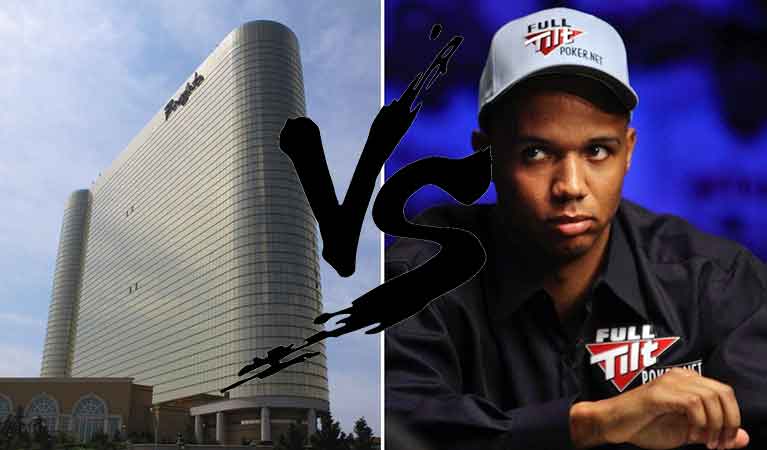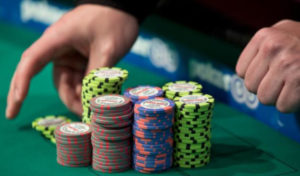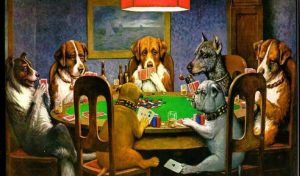In June Phil Ivey who is arguably one of the world’s top poker players, competed in the World Series of Poker (WSOP) $50,000 Poker Players Championship where after a strong run he landed an eighth-place finish out of the 74 entries. For this, he won $124,410 for his efforts. However, it turns out that the star poker player might have actually been playing the game as a horse for the Borgata.
Reports have now emerged that the Phil Ivey never received the money that he had won at the WSOP gaming tables. As it turns out, lawyers who were acting on behalf of MGM Resorts casino notified the World Series of Poker officials that they had been given the legal authority to seize all of the player’s assets in the state of Nevada and this included his WSOP winnings. These WSOP winnings were first directed to the United States Marshals Service before being later channeled to Atlantic City’s Borgata Casino which Ivey owes over $10 million.
How It All Started
The legal case against Phil Ivey began way back in 2012 when the 10-time bracelet winners and ‘Kelly’ Cheng Yin Sun, his partner, beat the Borgata out of a whopping 49.6 million in a high-stakes baccarat session. Two years later after an investigation into the game, it was found that Ivey and Kelly had used a strategy called “edge sorting” to best the other players. Edge sorting basically involves the detection of slight flaws in the pattern of playing cards and this gave them an advantage.
Ivey argued that even though he had used the technique at a number of casinos he did not have anything to apologize for since he believed it was the casino’s fault for using faulty playing cards. Borgata sued him and Kelly for a $15.5 million but the federal judge handling the case reduced the amount to just a little over a $10 million – the two had to repay the $9.6 million they had won plus an additional $504,000 that they had won playing.
“By using cards, they caused to be maneuvered in order to identify their value only to them, Ivey and Sun adjusted the odds of baccarat in their favor. This is in complete contravention of the fundamental purpose of legalized gambling,” US District Judge Noel Hillman said during the ruling.
What This Means for the Player
Well, this might as well be the end of Phil Ivey’s gaming adventures at poker tournaments in the state and probably the United States as a whole. Since he will not be able to go home with his winnings until the $10 million debt is fully repaid, he might not bother participating in any online poker tournaments in the United States.







